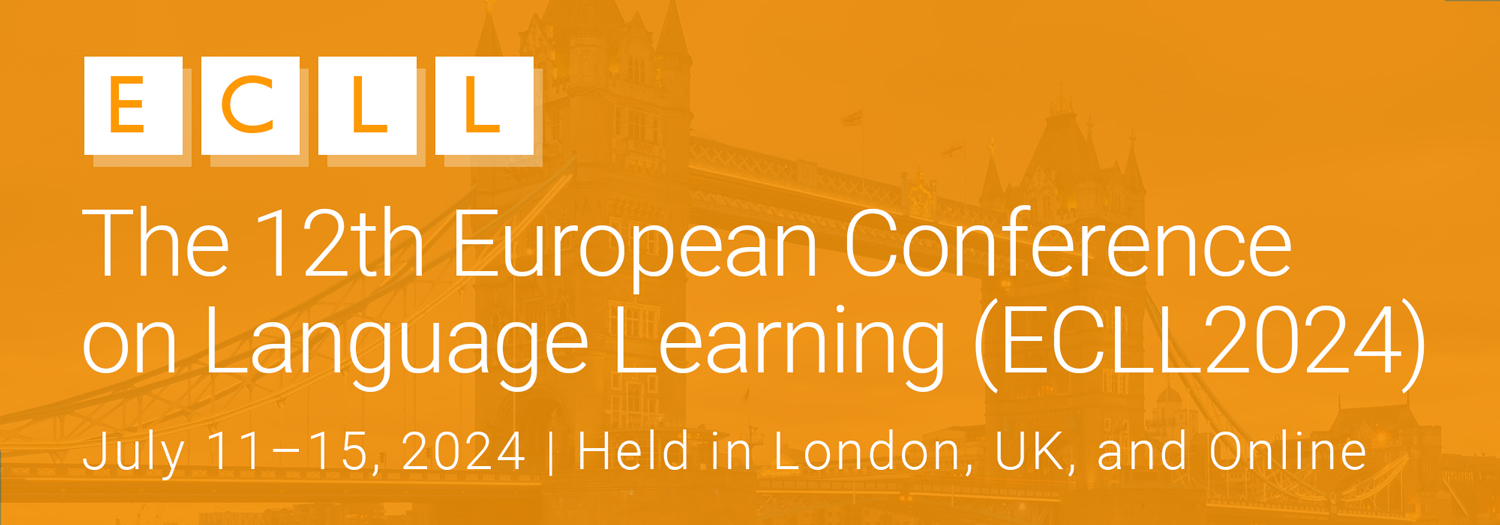Presentation Schedule
Tradition Transforms: Inclusive Language Strategies Applied to Italian Opera (82719)
Thursday, 11 July 2024 15:45
Session: Poster Session 1
Room: SOAS, Brunei Suite
Presentation Type:Poster Presentation
The Italian language maintains an overt morphological gender marking, generally differentiating between masculine [o] and feminine [a] forms. This structure is evolving, with linguists and genderqueer Italians advocating a language that transcends the binary through Strategies for Gender Neutralization (SNG) such as the schwa [ə], asterisk, /u/, /x/, and @ symbol. While SNG has been explored in written and informal contexts, there is a gap in scholarship concerning formal applications and visibility. I postulate that intrinsic to Italian opera are characteristics and history that position it as an ideal outlet for contemporary genderqueer representation. The written libretto (text of an opera) is foundational to each work’s realization; one may incorporate SNG to facilitate visibility. I place two stories of transformation at the foundation of my analysis: La Calisto (1651) by Cavalli features singers en travesti (dressed as members of the opposite sex), underlining Italian opera’s foundations in gender fluidity and multiplicity. The latter, entitled (m)0rpheus (2021) by Apostolov, highlights identities under the genderqueer umbrella as the first Italian opera on the transgender experience. By using an interdisciplinary framework incorporating queer and sociolinguistic theory, I use case study analyses and reviews of gender-neutralization/nullification strategies, the debate surrounding these strategies, and historical and present-day genderqueer representation in Italian performance spaces. My research offers a framework for activists and artists and promotes discussion of inclusivity and linguistic diversity in the Italian cultural context.
Authors:
Brittany Bryant, Università degli Studi di Enna "Kore", Italy
About the Presenter(s)
Brittany Bryant is a current Research Fellow with Fulbright US-Italy and Università degli Studi di Enna "Kore" (Italy). Her interests include Italian language and culture, multilingualism, sociolinguistics, and gender & sexuality.
See this presentation on the full schedule – Thursday Schedule





Comments
Powered by WP LinkPress